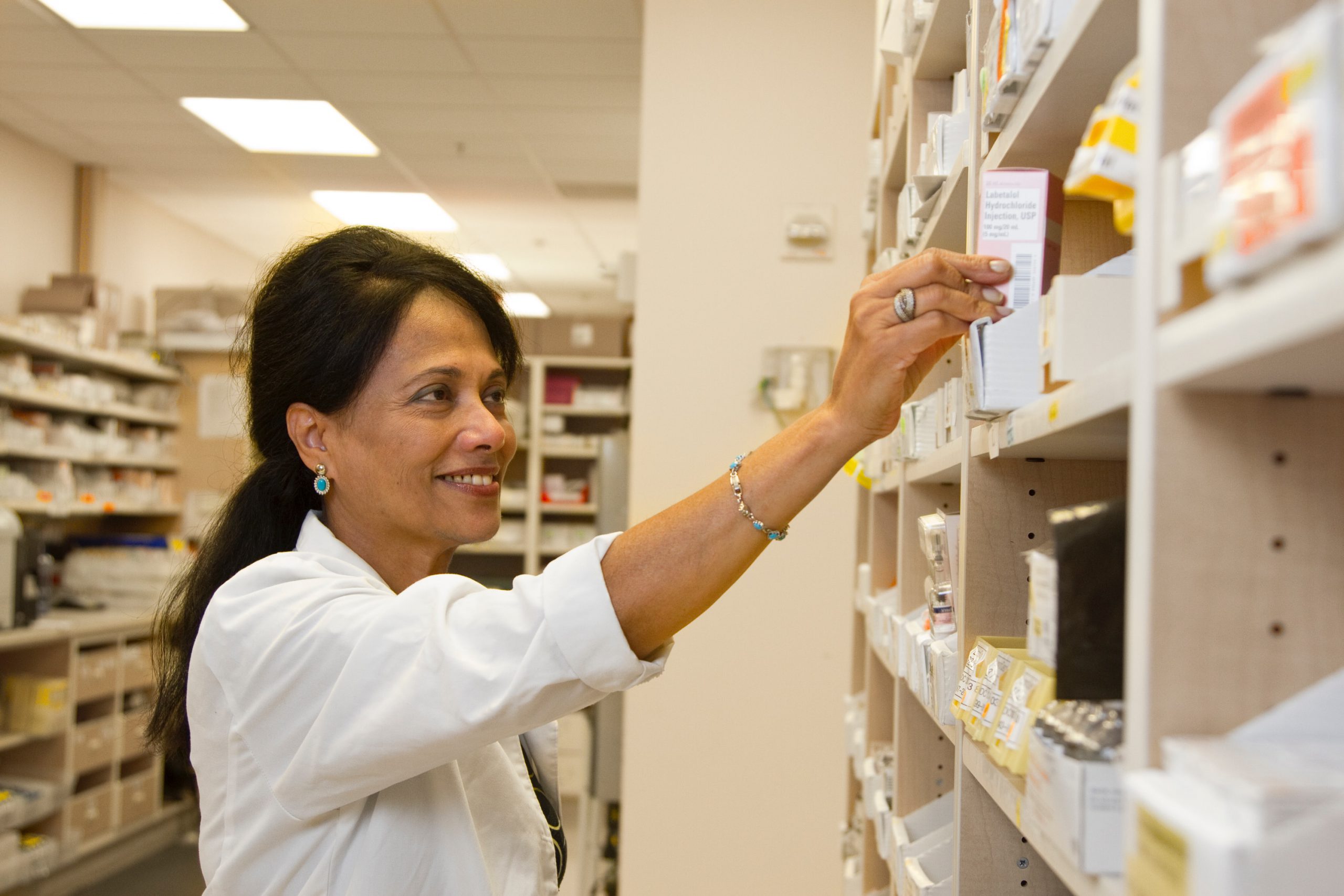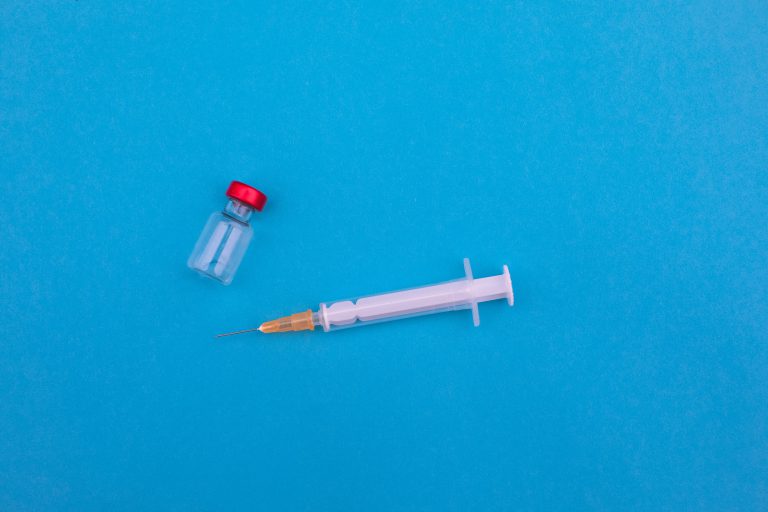Today, with both new and old infectious diseases becoming increasingly alarming, the medical community is on high alert to stave off the threat of disease and find a solution.
The solution, according to the World Health Organization, lies partly in vaccination and widespread immunization of the global population. This is not news, however, as extensive mass vaccination campaigns have been taking place as early as the 18th century.
This global effort has brought sweeping changes in the medical landscape today, with worldwide distribution of vaccines said to be responsible for preventing an estimated 3 million deaths every year.
While national governments and global health organizations have had the greatest contributions in this success, it falls on every individual across the globe to do their part in addressing this issue.
A key segment in this involves those in the pharmacist profession. Members of this community serve three vital functions: advocacy, education, and distribution.
Pharmacists as Advocates for Vaccination
According to a review published in the Journal of the American Pharmacists Association, “pharmacists in any practice setting are well-positioned to promote immunizations among their patients through both formalized programs and informal patient interactions.”
There is evidence to support this. The same review states that pharmacist advocacy efforts, when supported with medical training and resources, lead to a sharp increase in vaccination rates within a population.
This demonstrates the critical role that pharmacists play in swaying public opinion regarding vaccines. This is especially important today when anti-vaccination movements are present and surprisingly still gaining traction.
Pharmacists as Public Educators on Immunization
Pharmacists also serve as educators of the public on the use of vaccines. This was the case even in the era of World War I, when information and the proper tools required in storing, transporting, and administering vaccines were not readily available.
Doctors and nurses were busy saving lives and treating critical injuries, and the task of educating the public regarding vaccines fell largely on the shoulders of pharmacists.
Today, even when the situations have changed dramatically, pharmacists still carry that same responsibility. They are, after all, in more close and frequent contact with the general population.
Pharmacists as Qualified Vaccine Providers
Vaccine mobilization, administration, and tracking are also performed by pharmacists. While they have been doing so as early as the mid-1800s, American laws from over a decade ago have made it legal for individuals in this profession to provide vaccines to the general public.
As a response, the public has also become more open to accepting pharmacists as qualified immunizers, greatly increasing the effectiveness of vaccines as a whole.
Conclusion
While the role of pharmacists in immunization is clearly defined and can still be observed today, there are still hurdles that must be overcome. Limited resources have effectively put a barrier on vaccine research, and support from national governments could be better. Vaccine access and delivery are other obstacles that impede progress.
If you are a pharmacist and wish to contribute to the global effort, the best way you can do so is to start within your own community. Arm yourself with the latest and most accurate medical information available, and spread the same awareness to the people close to you.
To stay updated with the latest news in the medical industry, browse our website.



















